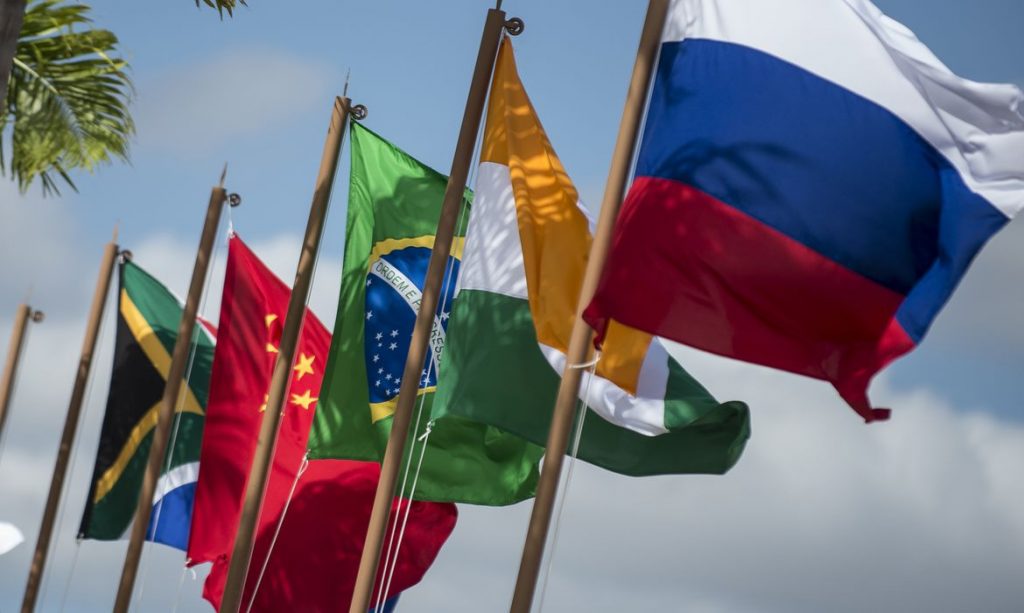Like Japan and Europe, but for different reasons, emerging markets have underperformed significantly over the past decade, said Morgan Stanley Institutional Fund.
Brazil, Russia, India, China and South Africa (BRICS) now form one of the world’s most important economic blocs, accounting for more than a quarter of global GDP and 42% of the world’s population.
Significantly, the BRICS have seen their economic influence increase in recent decades, as engines of global growth, trade and investment, according to the United Nations Conference on Trade and Development (UNCTAD).
Since Jim O’Neil created the BRIC acronym in 2001, the grouping has broadened and deepened its collaboration.
Then, in 2011, South Africa joined to create the BRICS economies.
Although the bloc is an informal arrangement, without statutes, it has developed a more institutional character, both through a high level of political interaction (e.g., annual summits) and the creation of economic institutions such as the New Development Bank (NDB) and the Contingent Reserve Arrangement (CRA).
Much of the underperformance compared to the past decade was due to the demise of the emerging markets, China, BRICs and commodities boom of the 2000s.
Another part, according to Morgan Stanley Institutional Fund, was due to the trend toward large technology companies, which are only present in China, Korea and Taiwan, which has left the rest of the emerging markets stranded.
The fund added that the rest was bad economic policy (Turkey, South Africa, Brazil and others).
Emerging markets
Nearly 12 years removed from the peak of the emerging market boom in 2010, non-China emerging market equities are almost back to their post-Asian crisis (relative) lows.
Valuations are not as low as they were between 1998 and 2001, but emerging market equities without China recently reached a 44% discount to U.S. equities (although they are now at a 28% discount).
Like the euro and yen, emerging market currencies without China are the most competitive in 30 years.
In 2023, the fund expects non-China emerging market GDP growth to outpace U.S. and developed market GDP growth, which is typically a strong catalyst for earnings and market outperformance, especially from such a low valuation and currency starting point.
On the other hand, in September 2022, Argentina participated in the BRICS bloc forum, where it submitted a formal application to join the group, which currently consists of Brazil, Russia, India, China and South Africa.

